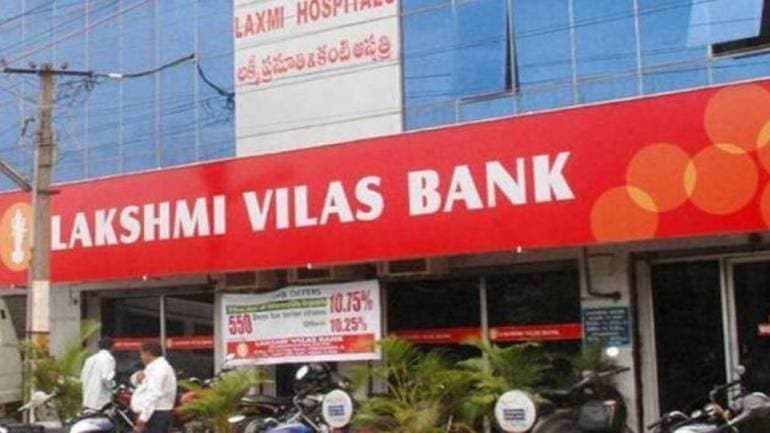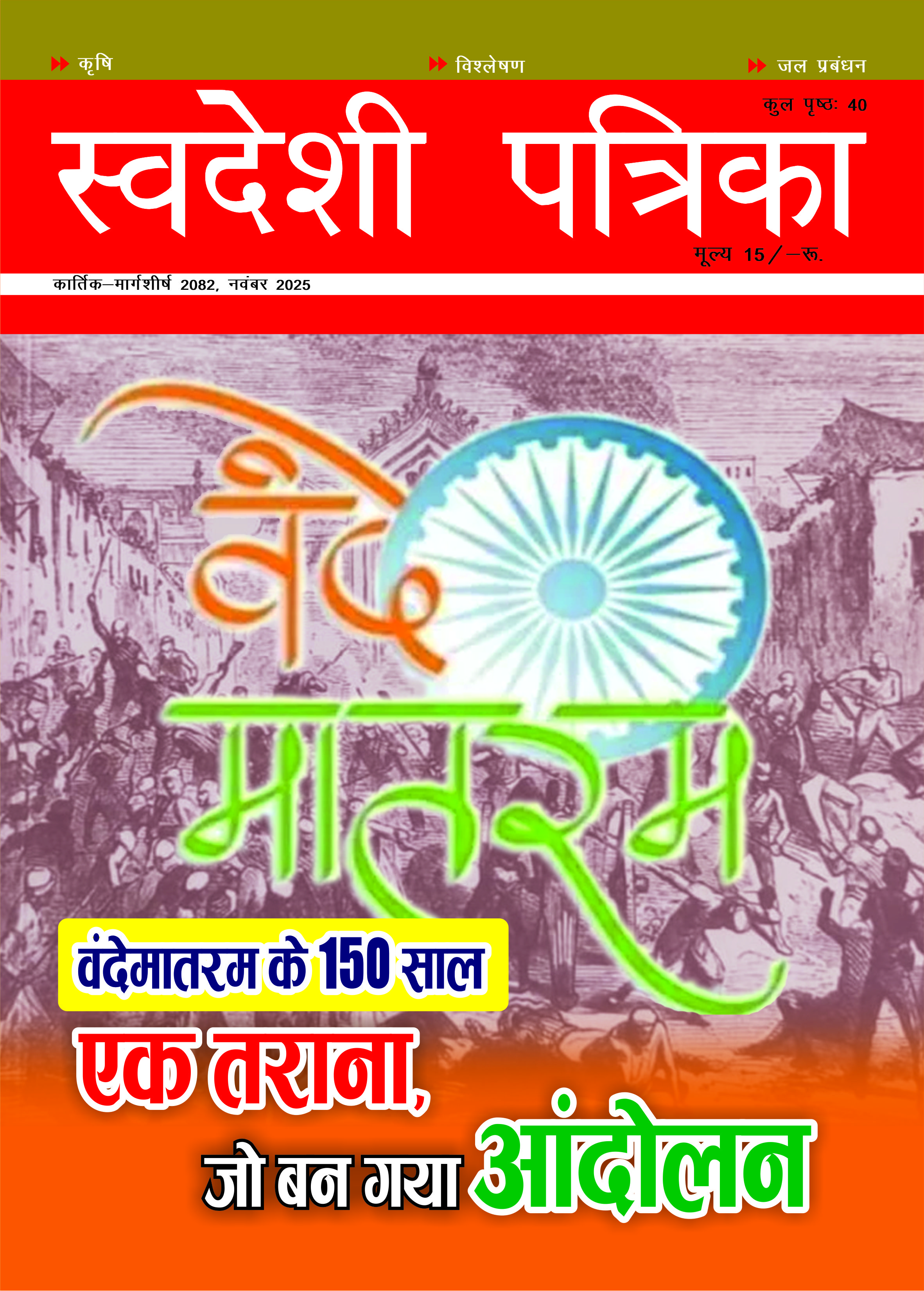
Proposed merger of Lakshmi Vilas Bank with foreign entity DBS
To
Shri Shaktikanta Das
Governor, Reserve Bank of India, Mumbai
Dear Sir,
Subject: Proposed merger of Lakshmi Vilas Bank with foreign entity DBS
This refers to the news published in various Media that the Reserve Bank of India has resolved to merge the troubled Lakshmi Vilas Bank with DBS Bank India Ltd., a wholly-owned subsidiary of DBS Singapore. While the Swadeshi Jagaran Manch appreciates the intent of the RBI to protect the Depositors’ in LVB, we believe the same end could be achieved without compromising national interests. The proposal is not transparent and it appears to be circumventing RBI’s own practices till now, casting a shadow on the fair name of the Reserve Bank of India.
We would like to highlight the following points, which requires the RBI to review this matter thoroughly again.
1. The proposal is for an outright merger of LVB with DBS India. Under this, LVB will cease to exist. DBS India acquires LVB for “zero payment”. In return, DBS takes over LVB “as-is-where-is” including the losses caused by the troubled loans. DBS, a foreign entity, gets the 563 branch network of LVB for free, 1000 ATMs, and access to 2 million customers of LVB. This is clearly a back-door entry to a foreign banking entity into the Indian market, overlooking many of RBI’s own rules in branch expansion of foreign banks. As the RBI knows, the LVB branch network is larger than the branch network of all foreign banks combined in the country.
In this day and age where huge sums of money are exchanged, for acquiring loss-making operations, just to access customers and physical network and infrastructure, it is surprising that the RBI has chosen to ignore the inherent value in LVB, and has announced the handover to a foreign entity for free. Has the RBI done any evaluation of the value of this network, and if so can this be made public, since the interests of so many lakhs of stakeholders are involved?
2 DBS is stated to be injecting Rs 2,500 crores in its own Indian subsidiary to enhance its capital to absorb LVB. The point to note is that the money is coming into DBS India, and not into the troubled LVB. DBS is not paying any price for the acquisition. For this piffling amount being brought into their own subsidiary, DBS is gaining access to the LVB deposits reported to be in excess of Rs 20,000 crores of Indian money.
3. LVB is stated to have net NPAs of over 10%. On an Advances base of Rs 16,000 crores (as of Nov 20th 2020), the amount involved is around Rs 1,600 crs. On a Gross NPA level of 25%, the amount involved could be around Rs 4,000 crores. Usually LVB would have lent to borrowers against a good amount of security. These could be physical assets (land and buildings etc,) financial assets (deposits, current assets and such like) and personal guarantees of promoters of borrowing entities. While the security provided may not be immediately liquid, and the process of recovery will take time, more often than not, as bankers well know, the security does result in a good amount of loan recovery. What is the RBI’s assessment in the case of LVB? This is not transparent so far. Media reports have said that the Board of LVB was confident of recovering a substantial portion of the NPAs in LVB, and that they were making good progress before the RBI intervened and announced the merger with DBS. This situation of a strong loan recovery, which will be known only in time, will only highlight that DBS, a foreign entity, is being unduly favoured.
4. The RBI-appointed Administrator of LVB is on record that the deposits are safe, with the bank having adequate liquidity. The ideal resolution for any distressed commercial entity should entail a comprehensive valuation exercise, transparent invitation of bids from interested parties and final decision involving key stake holders that maximizes the value. The RBI has not followed due process in this case. Why?“5. Since 1961, there have been 81 bank mergers in India. After nationalization, 34 private sector banks are merged – 26 of these with PSBs and eight in other private banks. There is not a single case in 60 years of merging an Indian bank with a foreign entity. Why is LVB being merged now with a foreign bank? Is this the new policy of the RBI and the Government of India? If so, this should be debated and its implications examined thoroughly in the national interest. Why is the RBI changing fundamental policy without transparency? What has been proposed is contrary to the Atmanirbhar Bharat direction of the Honourable Prime Minister.
6. When an Indian bank is merged with a foreign bank, it is immediately exposed to the risks of the foreign bank. The policies and shareholders’ interests’ of the foreign bank becomes the principal criteria for decision making of that bank. What if the foreign bank, DBS in this case, is merged or sold off to another entity in its home market in the future? These are routine developments in publicly listed entities overseas, and even the management of DBS cannot say what will happen in the future. If the foreign bank fails, and Indian depositors get impacted, will the RBI be involved in a rescue act of the depositors? Why should the RBI expose the Indian public to these unknown risks?
7. In the recent case of YES Bank, the RBI resolved the matter of recapitalization with contributions from SBI, LIC, HDFC, ICICI, Kotak and others to the tune of Rs 12,000 crores. The value of this investment has already gone up. Likewise the RBI can surely raise the few thousand crores (if at all that much) from Indian sources and recapitalize LVB and bring it back to healthy functioning. The Indian capital that is brought in will surely increase in value in a short time. Why this not being done and foreign capital is favoured?
8. LVB is an institution of long standing since 1926. It has deep community links and a unique culture. Did the RBI examine a merger with similar institutions like Indian Bank which is a strong PSB in the neighbourhood of LVB? Or private banks like Karur Vysya Bank and others in South India itself? Or strong NBFCs? When there are good options available in India, why this haste to subvert long-established RBI practices in favour of an overseas entity?“ “We hold the RBI in high esteem. We request the RBI to be transparent in this matter and to re-examine the proposed LVB merger with DBS. We are confident that the RBI will find a wholly Indian solution to this issue, protect the interests of depositors and bring LVB back to being the strong community institution that it has always been.
Kind regards,
Dr Ashwani Mahajan
National Co convenor, Swadeshi Jagran Manch


